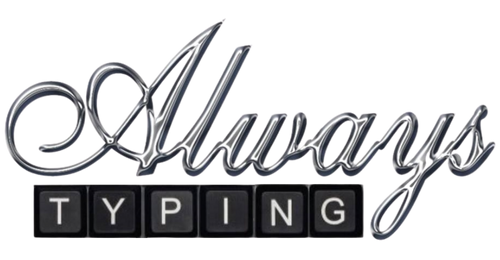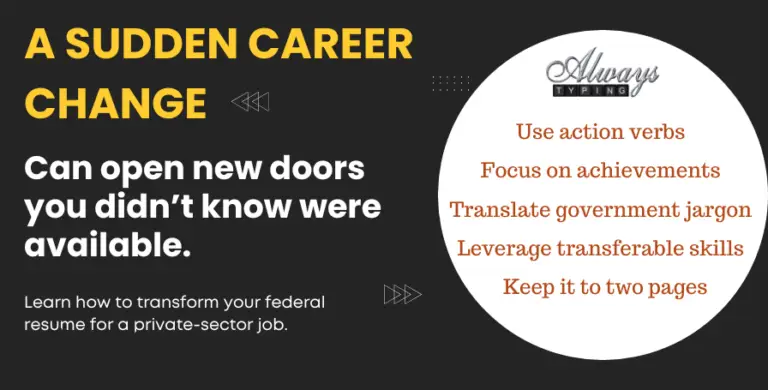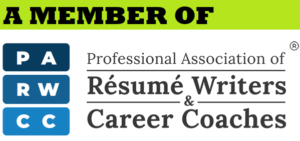The Biggest Resume Mistakes Former Government Employees Make (And How to Avoid Them)
Transitioning from a government job to the private sector requires more than just a career shift—it demands a resume transformation. Federal resumes follow strict guidelines, but private-sector employers expect concise, impact-driven documents. If you’re struggling to land interviews after leaving the public sector, your resume may be the culprit. Here are the biggest mistakes former…





